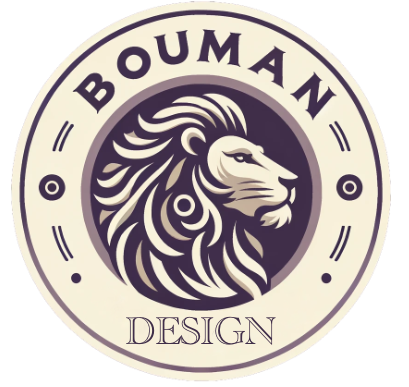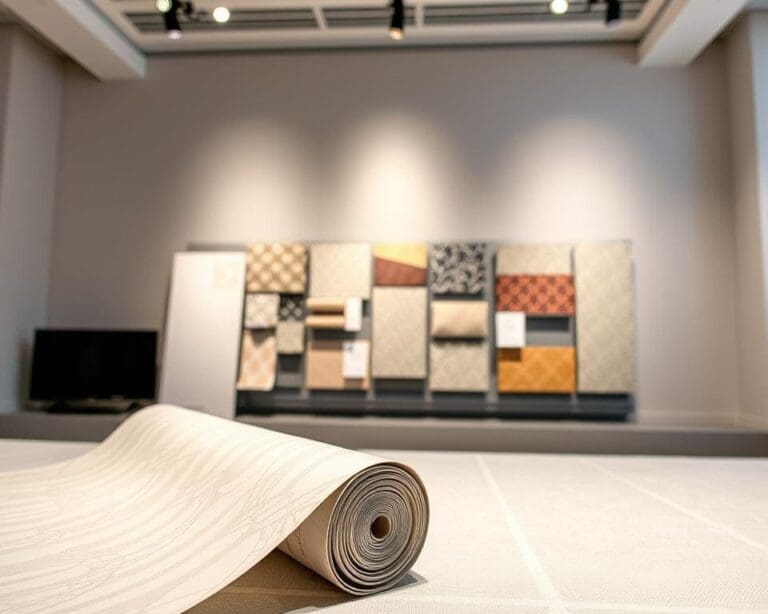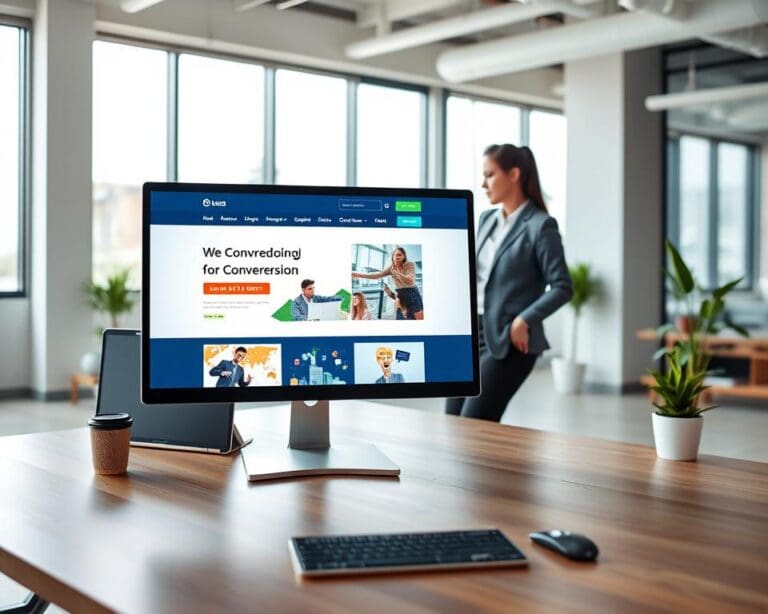In the dynamic and fast-paced world of the food service industry, hospitality equipment is the backbone of any successful restaurant or commercial kitchen. From state-of-the-art ovens and stoves to heavy-duty commercial refrigerators, these critical appliances and tools are essential for delivering exceptional dining experiences. However, the high cost and specialized nature of this equipment make it vulnerable to unexpected breakdowns, malfunctions, and even natural disasters. That’s where a horeca-apparatuur verzekering, or hospitality equipment insurance, comes into play.
This specialized insurance coverage is designed to safeguard your restaurant’s most valuable assets, providing a safety net against the financial burden of repairing or replacing your essential kitchen equipment. By understanding how this insurance works, you can ensure your business is prepared to handle any unexpected challenges and maintain operational efficiency, even in the face of unforeseen circumstances.
Key Takeaways
- Hospitality equipment insurance protects your restaurant’s critical appliances and tools from unexpected breakdowns, malfunctions, and natural disasters.
- This specialized coverage helps mitigate the financial burden of repairing or replacing essential kitchen equipment, ensuring your business can maintain operational efficiency.
- Understanding the key features and benefits of horeca-apparatuur verzekering is crucial for restaurant owners and managers to safeguard their investments and ensure business continuity.
- Comprehensive coverage can provide protection against mechanical breakdown, electrical malfunctions, and natural disaster-related damages to your commercial kitchen appliances.
- Factors such as equipment value, risk level, and deductible options can influence the cost of your hospitality equipment insurance premium.
Understanding Hospitality Equipment Insurance Basics
When it comes to running a successful restaurant, café, or hotel, safeguarding your valuable equipment is crucial. An uitgebreide horeca verzekering (comprehensive hospitality insurance) can provide the protection you need, covering a range of scenarios that could impact your operations.
Types of Coverage Available
Hospitality equipment insurance, also known as an all-risk horeca verzekering, typically offers coverage for the following:
- Mechanical breakdown of appliances and machinery
- Electrical malfunctions that disrupt your operations
- Damage caused by natural disasters, such as floods or storms
- Theft or vandalism targeting your commercial kitchen and bar equipment
Common Insurance Terms Explained
To fully understand your hospitality equipment insurance policy, it’s important to familiarize yourself with key terms, such as:
- Deductible: The amount you’ll need to pay out-of-pocket before the insurance coverage kicks in.
- Premium: The periodic fee you’ll pay to maintain your insurance policy.
- Replacement Cost: The amount the insurance company will pay to replace your damaged or stolen equipment.
Who Needs This Insurance
Any business that relies on specialized, high-value equipment to operate, such as restaurants, hotels, cafes, and catering companies, can benefit from a comprehensive uitgebreide horeca verzekering. Protecting your investment in critical hospitality assets can help ensure the long-term viability of your enterprise.
| Business Type | Potential Risks | Benefits of Insurance |
|---|---|---|
| Restaurants | Mechanical breakdowns, electrical issues, natural disasters | Continued operations, replacement of damaged equipment |
| Hotels | Theft, vandalism, equipment failure | Safeguarding guest experience, maintaining facility standards |
| Cafes | Fire, water damage, power outages | Minimizing disruptions, preserving inventory and equipment |
Key Benefits of Insuring Your Restaurant Equipment
Investing in an apparatuurverzekering voor horecabedrijven (hospitality equipment insurance) can provide invaluable protection and peace of mind for restaurant owners. Beyond the financial safeguards, this type of verzekering voor horecagerei (catering equipment insurance) offers a host of critical benefits that can help your business thrive.
One of the primary advantages is the financial security it offers. In the event of unexpected equipment breakdowns, damages, or natural disasters, your policy can cover the costly repairs or replacement expenses, ensuring your operations can continue uninterrupted. This mitigates the financial strain that such incidents can place on your business.
Furthermore, hospitality equipment insurance can help maintain your competitive edge. By protecting your essential commercial kitchen appliances, point-of-sale systems, and other vital restaurant equipment, you can avoid costly downtime and continue serving your customers without disruption.
Perhaps most importantly, a comprehensive apparatuurverzekering voor horecabedrijven provides the peace of mind you need to focus on running your business. Rather than worrying about the financial consequences of equipment-related setbacks, you can devote your energy to delivering exceptional customer experiences and growing your enterprise.
The value of this insurance becomes particularly evident during times of crisis. Many restaurant owners have attested to how their verzekering voor horecagerei policies helped them bounce back from devastating equipment failures or natural disasters, allowing them to quickly resume operations and maintain their customer base.
Comprehensive Coverage for Commercial Kitchen Appliances
When it comes to protecting your hospitality business, a comprehensive horecaverzekering tegen beschadiging or horeca-apparatuur verzekering is crucial. These insurance policies provide a robust safety net against a wide range of risks that can threaten the valuable equipment in your commercial kitchen.
Protection Against Mechanical Breakdown
One of the key benefits of this type of coverage is the protection it offers against mechanical breakdowns. Whether it’s a malfunctioning oven, a faulty refrigerator, or a temperamental dishwasher, your insurance policy can cover the cost of repairs or even replacement of the affected equipment. This ensures that your kitchen can continue to operate seamlessly, even in the face of unexpected mechanical issues.
Coverage for Electrical Malfunctions
In addition to mechanical failures, hospitality equipment insurance also safeguards your business against electrical malfunctions. From power surges to short circuits, these types of incidents can wreak havoc on your commercial kitchen appliances. With the right coverage, you can rest assured that the necessary repairs or replacements will be taken care of, minimizing downtime and preserving your ability to serve your customers.
Natural Disaster Protection
Unexpected natural disasters can pose a significant threat to your hospitality equipment. Horecaverzekering tegen beschadiging and horeca-apparatuur verzekering policies typically include coverage for damage caused by events such as floods, hurricanes, or earthquakes. This safeguards your investment in your commercial kitchen appliances, ensuring that you can quickly get back on your feet after a natural calamity.
By understanding the comprehensive nature of these insurance policies, you can make an informed decision to protect your hospitality business and its critical equipment. With the right coverage in place, you can focus on delivering exceptional service to your customers, confident that your investments are well-protected.
Hoe werkt een verzekering voor horeca-apparatuur?
When it comes to running a successful hospitality business, protecting your valuable equipment is crucial. That’s where a hospitality equipment insurance policy can make all the difference. But how exactly does this type of insurance work? Let’s dive in and explore the inner workings of horeca verzekering.
At its core, a horeca verzekering is designed to safeguard your commercial kitchen appliances, kitchen equipment, and other essential hospitality assets against a wide range of risks. From unexpected mechanical breakdowns to natural disasters, this specialized insurance coverage can provide the financial protection you need to keep your business running smoothly.
The process typically starts with an assessment of your equipment’s value and the potential risks it faces. Insurance providers will then use this information to calculate your premium, taking into account factors such as the age and condition of your equipment, the level of usage, and the likelihood of claims in your specific industry.
- Once you’ve secured your policy, you can rest assured that your covered equipment is protected. In the event of a covered incident, you’ll be able to file a claim with your insurance provider, who will then guide you through the process of getting your equipment repaired or replaced.
- Depending on the terms of your policy, your insurance may also cover the costs associated with temporary equipment rental or lost revenue due to business interruption.
- To maintain your coverage, it’s important to adhere to regular maintenance and inspection guidelines, as well as keep detailed documentation of your equipment’s condition and any repairs or upgrades.
By understanding how horeca verzekering works, you can make an informed decision about the right coverage for your hospitality business and ensure that your valuable equipment is protected, no matter what challenges come your way.
| Key Features | Coverage Highlights |
|---|---|
| Mechanical Breakdown Protection | Covers the cost of repairing or replacing equipment due to unexpected mechanical failures or malfunctions. |
| Electrical Malfunction Coverage | Protects your equipment from damage caused by power surges, short circuits, or other electrical issues. |
| Natural Disaster Protection | Provides coverage for equipment damaged or destroyed by events like fires, floods, or severe storms. |
Cost Factors Affecting Your Insurance Premium
When it comes to securing an uitgebreide horeca verzekering or an all-risk horeca verzekering for your hospitality equipment, the cost of the premium is a crucial consideration. Several factors influence the final price you’ll pay for your coverage, and understanding these elements can help you make informed decisions.
Equipment Value Assessment
The value of your restaurant or bar equipment is a primary driver of your insurance premium. Insurers will closely examine the age, condition, and replacement cost of your appliances, machinery, and other critical assets. Investing in regular equipment inspections and maintaining meticulous records can help ensure accurate valuation and appropriate coverage levels.
Risk Level Calculation
Insurers assess the level of risk associated with your business operations when determining your premium. Factors such as the age and condition of your building, the location of your establishment, and your claims history all play a role in this risk assessment. Taking proactive measures to mitigate risks, such as implementing robust maintenance protocols, can help lower your insurance costs.
Deductible Options
- The deductible you choose can have a significant impact on your premium. Opting for a higher deductible typically results in a lower monthly or annual premium, but it also means you’ll need to pay more out-of-pocket in the event of a claim.
- Conversely, a lower deductible will result in a higher premium, but it can provide more financial protection in the case of an unexpected equipment breakdown or other covered incident.
Carefully weighing the tradeoffs between deductible levels and premium costs can help you find the right balance for your business and budget.
Filing Claims: Step-by-Step Process
When your restaurant’s valuable apparatuurverzekering voor horecabedrijven or verzekering voor horecagerei needs to be put to use, navigating the claims process can seem daunting. However, with a clear understanding of the steps involved, you can ensure a smooth and efficient claim resolution.
- Notify Your Insurance Provider: As soon as you notice damage or malfunction in your covered equipment, contact your insurance company to initiate the claims process. Be prepared to provide detailed information about the incident, including the date, time, and nature of the problem.
- Document the Damage: Gather visual evidence, such as photographs or videos, that clearly showcase the extent of the damage or malfunction. This documentation will be crucial in supporting your claim.
- Obtain Repair Estimates: Work with a reputable service provider to obtain written estimates for the cost of repairing or replacing the affected equipment. Share these estimates with your insurance company.
- Submit the Claim: Follow your insurer’s specific instructions for submitting the claim, which may include completing a claim form, providing supporting documents, and potentially arranging an inspection of the damaged equipment.
- Cooperate with the Insurer: Respond promptly to any requests for additional information or clarification from your insurance provider. This will help expedite the claims process.
- Review the Claim Outcome: Once your claim is processed, review the details of the settlement to ensure that it adequately covers the cost of repairing or replacing your damaged equipment.
By following these steps, you can navigate the apparatuurverzekering voor horecabedrijven or verzekering voor horecagerei claims process with confidence, minimizing downtime and getting your restaurant back in full operation.
Maintenance Requirements and Coverage Validity
Maintaining the integrity of your horeca-apparatuur verzekering (hospitality equipment insurance) is crucial to ensuring its continued effectiveness. To uphold coverage and avoid potential claim denials, policyholders must adhere to specific maintenance guidelines and documentation requirements.
Regular Inspection Guidelines
Insurers typically mandate regular inspections of the insured horecaverzekering tegen beschadiging (hospitality equipment against damage) to verify its condition and identify any potential issues. This may involve scheduled visits from certified technicians or self-inspections by the policyholder, depending on the insurance provider’s requirements.
- Comprehensive visual examinations of all covered equipment
- Functional tests to ensure proper operation
- Identification and reporting of any signs of wear, damage, or malfunction
Documentation Requirements
Meticulous record-keeping is essential to maintaining the validity of your hospitality equipment insurance coverage. Policyholders must diligently document all maintenance activities, repairs, and inspections to demonstrate compliance with the insurer’s guidelines.
- Maintain detailed service logs, including dates, technician information, and descriptions of work performed
- Retain invoices, receipts, and other documentation related to equipment maintenance and repairs
- Provide the insurer with access to these records upon request, as they may be required to process claims
By adhering to the maintenance and documentation requirements set forth by your horeca-apparatuur verzekering (hospitality equipment insurance) provider, you can help ensure the ongoing validity of your coverage and maximize the protection it offers for your valuable commercial kitchen appliances and restaurant equipment.
Choosing the Right Insurance Provider
When it comes to protecting your horeca verzekering and safeguarding your commercial kitchen equipment, selecting the right insurance provider is crucial. An uitgebreide horeca verzekering can provide comprehensive coverage, but finding the provider that best fits your unique needs requires careful consideration.
Start by evaluating the insurer’s experience and reputation within the hospitality industry. Look for providers that specialize in horeca verzekering and have a proven track record of serving restaurant and hotel owners. Their understanding of the unique risks and challenges you face can make a significant difference in the quality of coverage and claims processing.
- Assess the insurer’s financial stability and claims-paying ability to ensure they can deliver on their promises when you need them most.
- Compare the breadth of coverage offered, including protection against mechanical breakdowns, electrical malfunctions, and natural disasters.
- Inquire about customizable policy options and the insurer’s willingness to tailor the coverage to your specific requirements.
Additionally, consider the insurer’s customer service and responsiveness. Look for a provider that offers prompt and efficient claims handling, as well as accessible support when you have questions or concerns. The right insurance partner can provide peace of mind and the confidence that your horeca verzekering will safeguard your business in times of need.
Common Exclusions and Limitations
When it comes to all-risk horeca verzekering, or hospitality equipment insurance, it’s crucial for restaurant owners to understand the common exclusions and limitations within their policies. This knowledge can help them address potential gaps in coverage and ensure their valuable Hoe werkt een verzekering voor horeca-apparatuur? is adequately protected.
One common exclusion in these policies is wear and tear or gradual deterioration. While insurance typically covers sudden and accidental breakdowns, it may not extend to the natural aging and degradation of equipment over time. Routine maintenance and timely equipment replacement become essential to maintain coverage.
Additionally, policies often exclude damages caused by user error, negligence, or intentional misuse. Proper training for kitchen staff and adherence to manufacturer guidelines can help minimize the risk of such exclusions. Certain natural disasters, such as earthquakes or floods, may also be excluded, requiring supplementary coverage for comprehensive protection.








